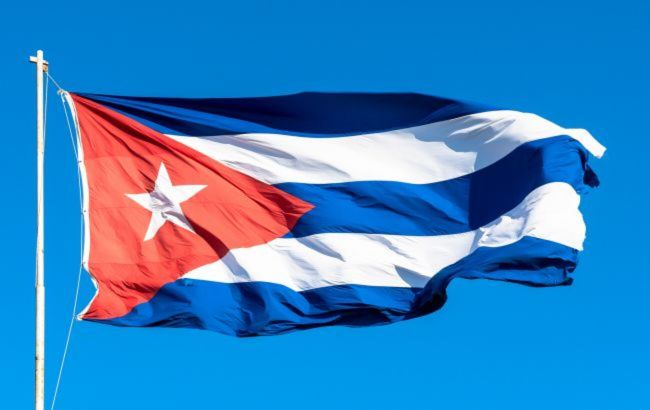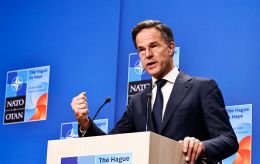Russia begins recruiting Cubans to fight against Ukraine, - Forbes
 Illustrative photo: Russia begins recruiting Cubans to fight in the war against Ukraine (Getty Images)
Illustrative photo: Russia begins recruiting Cubans to fight in the war against Ukraine (Getty Images)
Russia is increasing its reliance on foreign fighters, and Cubans are now at the center of attention. Their growing involvement is reshaping the nature of the conflict and raising new security concerns, according to a publication by Forbes.
Moscow is actively replenishing its losses by recruiting foreign mercenaries.
According to Ukrainian intelligence, up to 25,000 Cubans may now be fighting for Russia, making them the largest foreign contingent on the battlefield.
Financial motives and deception
The main incentive for Cubans remains financial: the promised $2,000 per month is dozens of times higher than the average salary on the island. Some reportedly signed contracts voluntarily, while others claim they were deceived, recruited for construction jobs in Russia but ultimately sent to the front lines.
Despite Havana’s official denials, analysts argue that such large-scale recruitment would be impossible without at least tacit government approval.
Why Kremlin needs them
By enlisting Cubans, the Kremlin reduces domestic casualties and helps maintain political stability inside Russia. At the same time, these foreign fighters gain combat experience and modern warfare skills, including the use of drones and electronic warfare systems.
Experts warn that the participation of Cuban fighters not only increases pressure on Ukrainian defenses but also creates risks of exporting combat experience to other regions in the future.
RBC-Ukraine notes that the war in Ukraine continues to devastate not only people and ecosystems but also the atmosphere itself, with explosions, large-scale fires, and deforestation releasing massive amounts of aerosols and combustion byproducts, amplifying the greenhouse effect.
Surveys show that most Ukrainians view the level of hybrid threats from Russia as high, identifying cyberattacks, disinformation campaigns, and online recruitment as key tools of destabilization.

